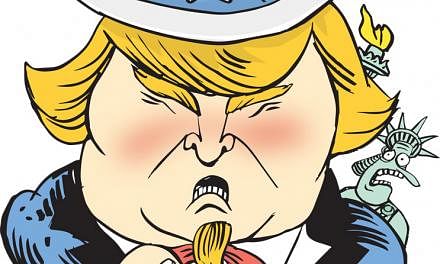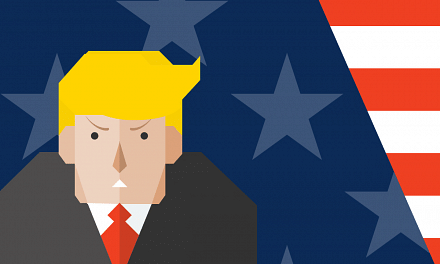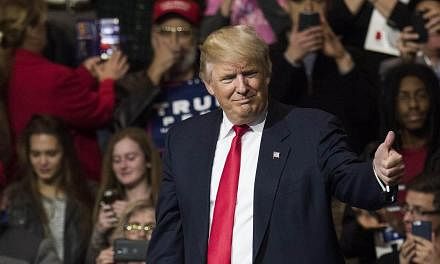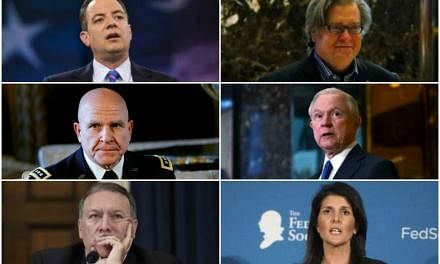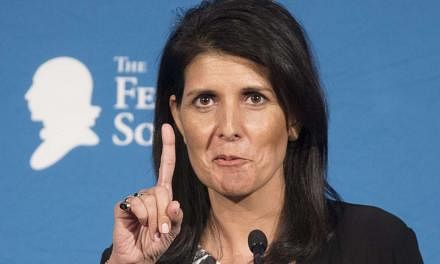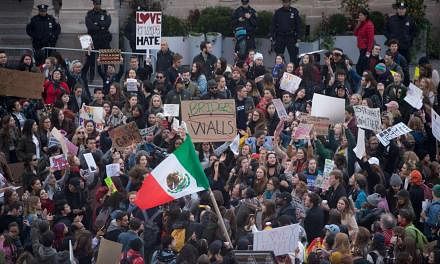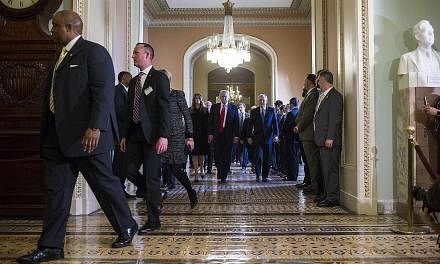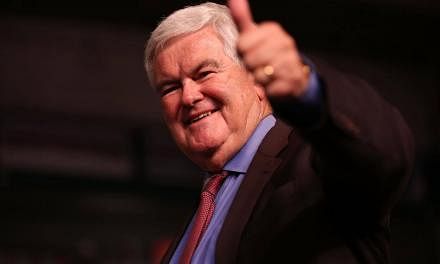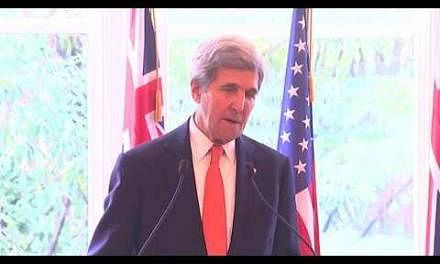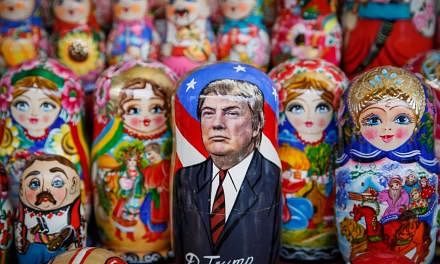SHANGHAI • As a candidate, Mr Donald Trump aimed some of his most blistering words at China, declaring that "we already have a trade war" and suggesting ominously that "we have the power over China, economic power".
As president of the United States, Mr Trump can use trade - a cornerstone of his populist rise - as a weapon, with the potential to drastically reshape the world's two largest economies, as well as the companies, industries and workers who depend on their hundreds of billions of dollars in closely linked goods.
But neither side may win.
Cutting off trade will not bring back the bulk of US manufacturing jobs lost to China in previous decades as it became the world's factory floor. Already, some industries that left the US years ago, such as garment-making and light manufacturing, are now leaving China for even cheaper places. An aggressive stance with China also risks antagonising an authoritarian government with its own brand of economic nationalism.
Yet the unsettling reality for Beijing is that Mr Trump has a variety of ways to get back at China for trade practices he views as unfair. China sells a large array of goods to the US that he can target for higher tariffs.
The opportunities for China to retaliate would be more limited. In short, China buys less from the US.
But China could make strategic strikes at targets such as Boeing, US carmakers and American farmers. Beijing exerts tight control over China's airlines, for example, and sometimes steers contracts to Airbus, Boeing's European rival, when officials feel that Washington is uncooperative.
"Boeing complains, 'We have been pretty good friends with China. Why are we always a target?'" said co-director He Weiwen of the China-US-EU Study Centre at the influential China Association of International Trade in Beijing.
Or China could wreak havoc on the vast supply chain behind a wide range of products like iPhones and auto parts. Six years ago, Chinese restrictions on exports of obscure yet vital minerals led to a global outcry by manufacturers.
Early indications are that trade could take a more prominent place on the White House's China agenda. In a strong signal, Mr Trump has picked Mr Dan DiMicco, a long-time steel executive and trade critic, to oversee trade issues during his administration's transition. Mr DiMicco writes a personal blog that blames America's industrial decline on cheating by trade partners, chiefly China.
On Thursday, Mr Lu Kang, a spokesman for China's Foreign Ministry, said: "It is in the common interests of both countries to develop a long-term, stable and prosperous trading relationship, and any American politician would take a policy in the interest of his country and the American people."
NYTIMES

